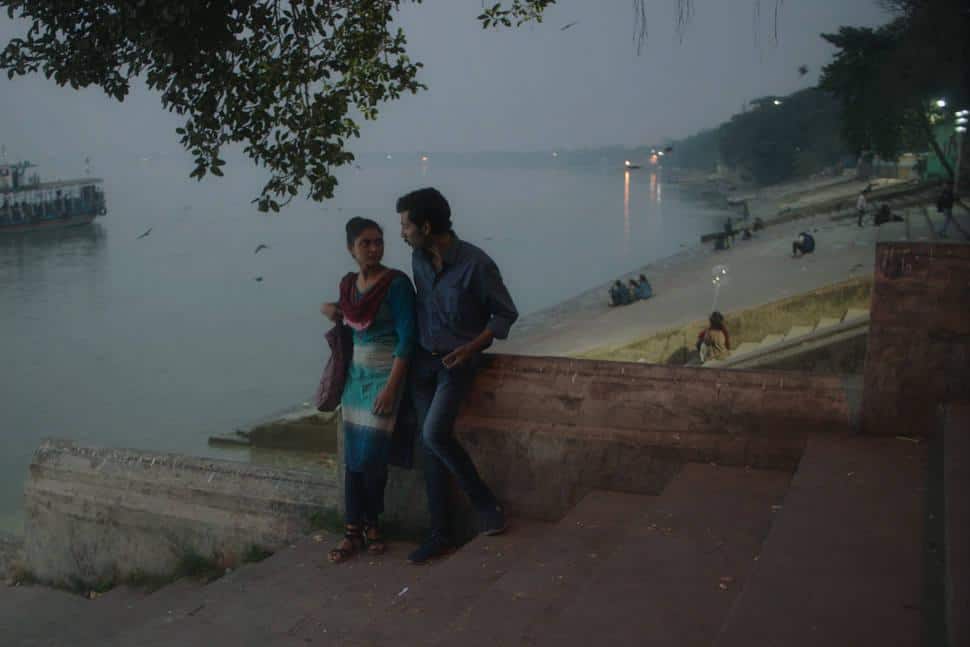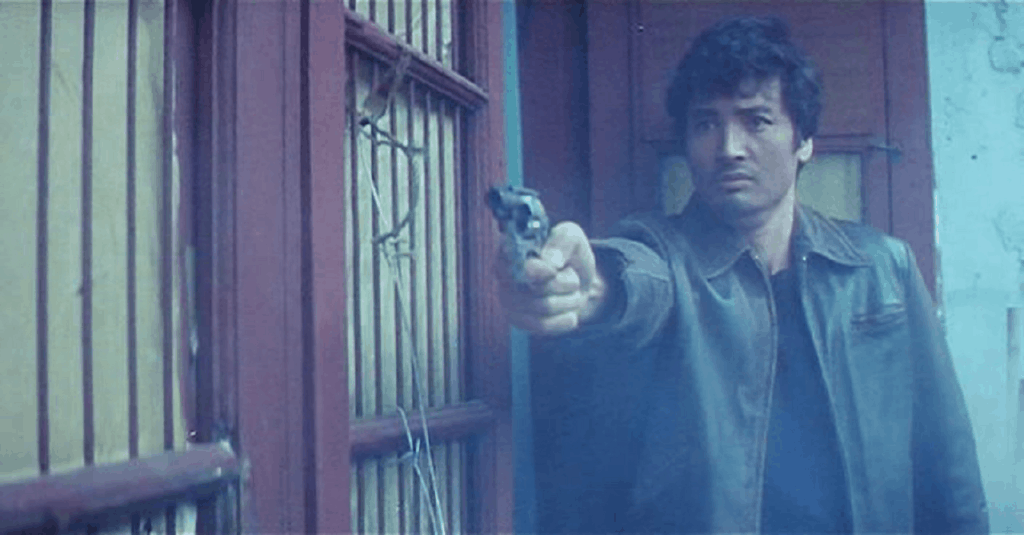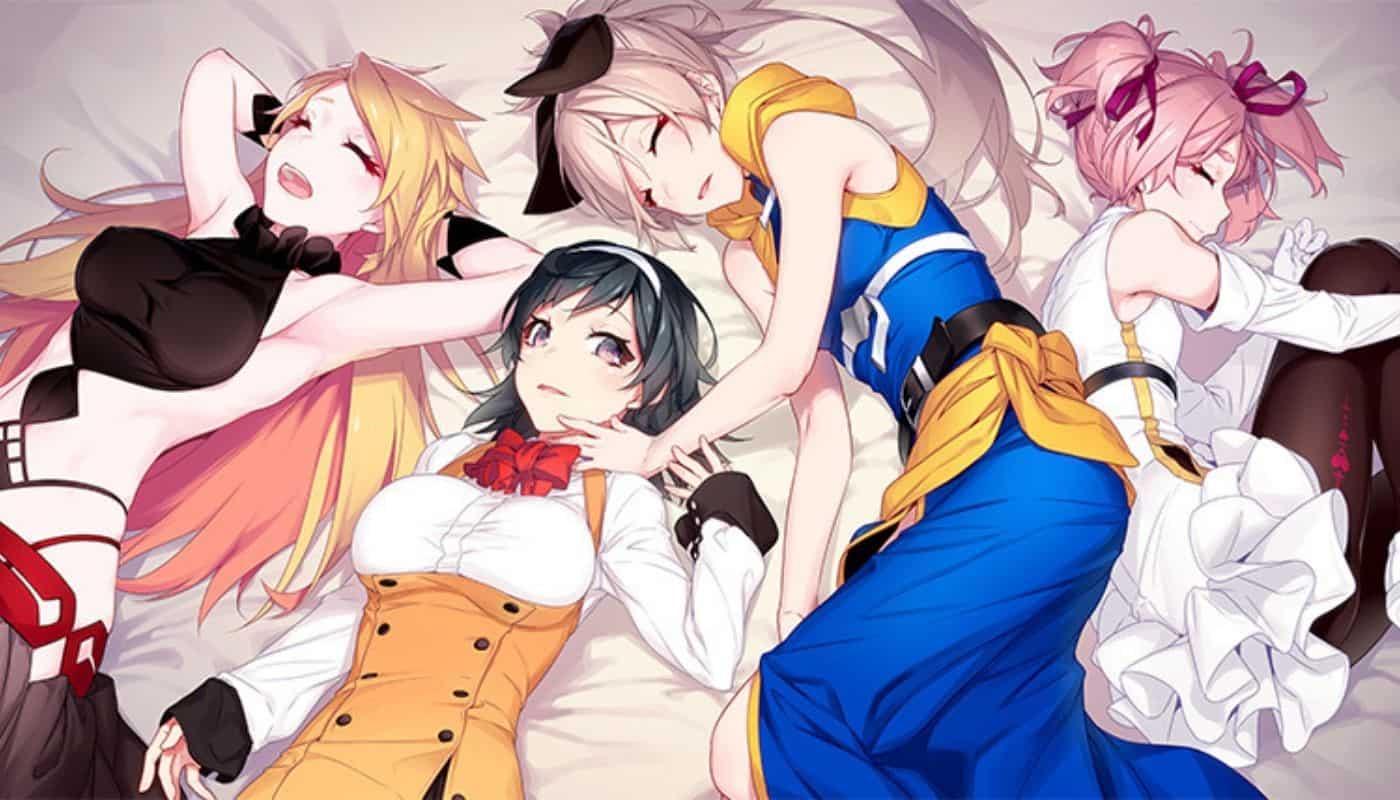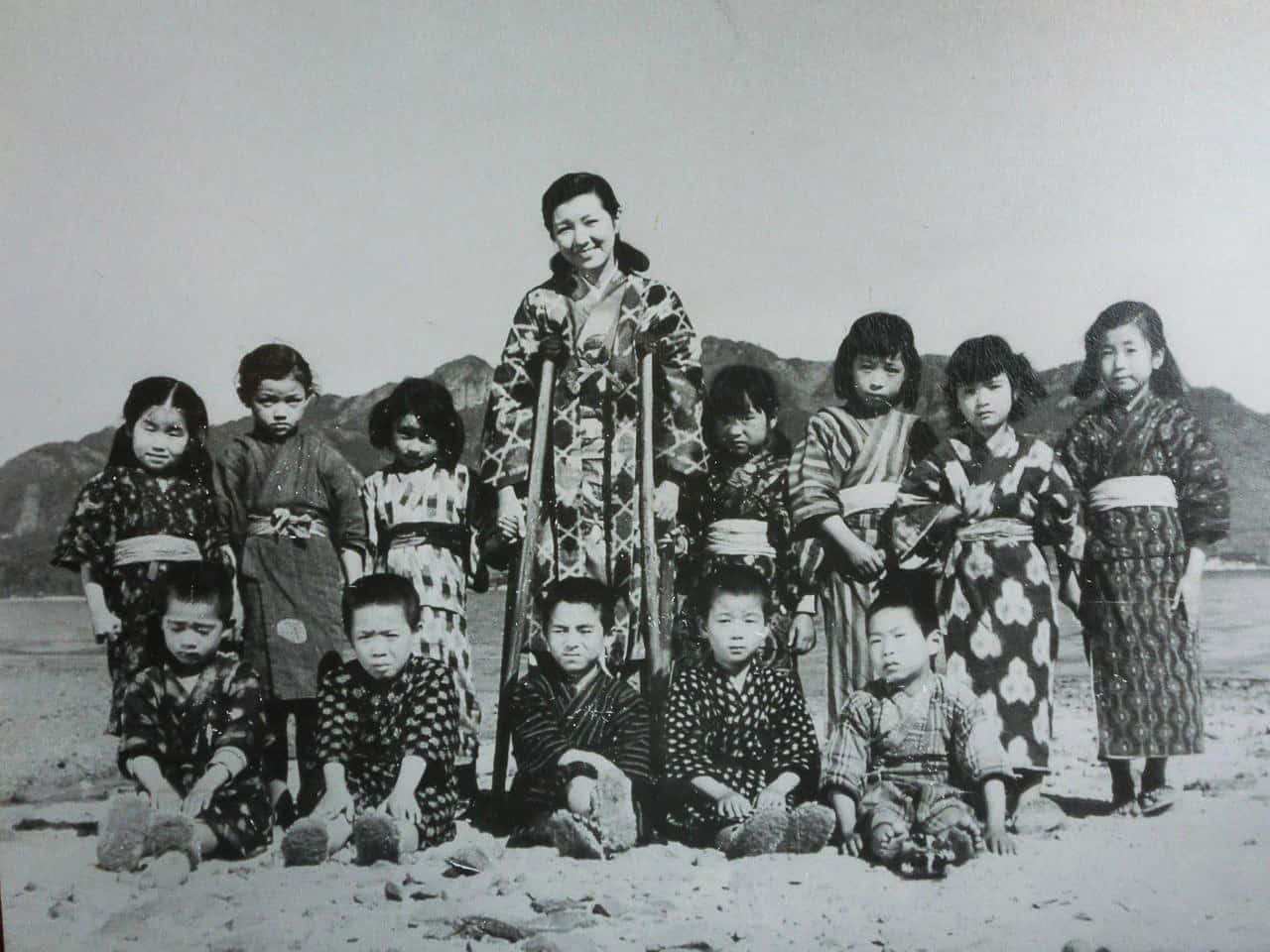It's a tough game of survival in Calcutta, a city which keeps its people in their same old spaces with the same-same job opportunities, with little to no chance to change their lives for the better. For those few brave who try to challenge the rules of the societal game in Aditya Vikram Sengupta's drama “Once Upon a Time in Calcutta”, things don't go all too well. Ela (Sreelekha Mitra) gets punished for being born out of a wedlock as a daughter of a wealthy, married man and the city's once-upon-a-time big performance star. She can't be included to the inheritance, and her half-brother Bubu (Bratya Basu) is still sulking about his father's infidelity four decades later, blocking her chances of getting the fair share out of the sale of the family house where he still lives alone, locked behind the barred door. Raja (Shayak Roy), the son of a life-long servant to Ela's father, switches his underpaid job as a construction worker to become a crowd-fund collector for an urban development project which guarantees the investors fast-growing interest rates. At least by the contract, which turns out to be a complete scam. He will be held responsible for the financial ruin of many already financially fragile people in his neighborhood.
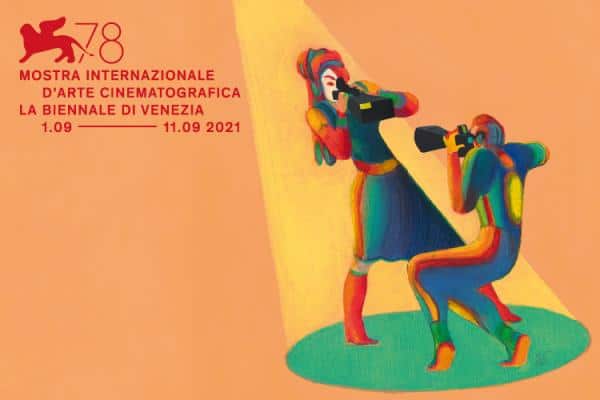
The aforementioned house with the circular theatre stage on the ground floor is a real venue, and so are most of the other filming locations. Sengupta was very particular about the authenticity of places and destinies of people: he invested over a decade in researching the events surrounding some of the country's biggest scam scandals and corruption (particularly related to the city planning), interested in showing a broad spectrum of human destinies in different corners of Kolkata.
Personal choices in favor of financial betterment are in focus, carefully constructed not to turn main characters into malignant versions of themselves. Their decisions come partially from the naive belief in the honesty of those they rely on, or the legitimacy of jobs they embrace to move forward on the career ladder.

In the opening credits, we get informed that “Once Upon a Time in Calcutta” is based on true events, and according to Sengupta, ‘all of it is real.' In the interview given to Asian Movie Pulse, he explains what is meant by it: all characters are inspired by real people and their experiences, even the odd jobs some of them had before turning to something else.
Ela's still husband Shishir (Satrajit Sarkar) teaches privately natural science classes to a big group of children at home to be able to provide for the family. None of the spouses receives tax returns, nor a collateral security to show for the bank loan to buy off the apartment, with all the savings having been spent on the treatment for their recently deceased daughter. With her passing, and all the money gone, the last bond between the husband and wife is broken.
There is no hatred between them, and Shishir accepts both Ela's alcoholism and her wish to break lose from the marriage. There is a spark of hope when she meets her old flame, but her temptation to sacrifice love for practicality will prove fatal.
Segupta pairs for the first time with the Turkish cinematographer Gokhan Tiryaki, known for his collaborations with Nuri Bilge Ceylan on “The Wild Pear Tree” (2018), “Winter Sleep” (2014) and “Once Upon a Time in Anatolya” (2011). His contrasting of washed out facades with newly built, spacious, light filled interiors shows the simultaneous dilapidation and growth of the city, torn between extremes.
“Once Upon a Time in Calcutta” premiered in the he Orizzonti section of Venice International Film Festival which gave Aditya Vikram Sengupta the international boost back in 2014 by selecting his dialogue-free experimental film “Labour of Love” to be screened in Venice Days where it scooped the award for the Best Debut.


